Artist: Funkadelic Album: America Eats Its Young
Year: 1972Duration: 1:17:02
America Eats Its Young: A Critical Review of Funkadelic's Masterpiece
Funkadelic, a groundbreaking band in the 1970s, was known for its innovative blend of funk, rock, psychedelic, and soul music that created a unique style that captivated audiences worldwide. Their fourth album, America Eats Its Young, released in 1972, was a milestone in the evolution of Funkadelic's sound. It is an album that deserves critical attention, as it features some of the band's best work. In this blog post, we will do a critical review of the album, with a brief history of the artist, an overview of the music genre, highlighting the best songs of the album, and the most innovative parts. We will also give our own critique of the album.
Funkadelic was formed in 1968 in Michigan by George Clinton, who was influenced by soul, funk, and psychedelic rock. The band quickly gained a reputation for their captivating live shows, funky grooves, and surreal lyrics. Their sound was a potent blend of social commentary, disorienting soundscapes, and deep, soulful grooves. The band's acumen for a fresh mix of funk and rock was a formula for success, and America Eats Its Young was a perfect example of their innovative approach.
The album spans over four sides and showcases Funkadelic's versatility, experimentation, and funkiness. The title track, “America Eats Its Young,” is a seven-and-a-half-minute psychedelic funk epic that showcases Clinton's sharp poetic prowess. The song features an array of instruments, drums, guitars, horns, and synths that create a vast and dense soundscape that entrances the listener. The song is a clear statement about the state of America post-1960s.
One of the standout tracks on the album is “If You Don't Like The Effects, Don't Produce The Cause,” which features a fascinating chord structure, and syncopated rhythms set against a minimalist guitar riff. The song is politically charged, discussing the riots and social unrest prevalent in the early 1970s.
Another great song on the album is “Babies Making Babies,” an alluring and funky song that features tight vocal harmonies, heavy drumming, and a memorable bassline. The song explores themes of love, relationships, and the impact of social norms on women's lives.
The album's most innovative parts come from its blending of diverse sounds into cohesive and accessible songs. The songs themselves are not overly technical, but they are dense and rich in sound, with a broad scope of dynamics and instrumentation. The album's bonus track, “Philmore,” is a sample of Funkadelic's experimental approach, with harsh electronic sounds and a spoken-word section about life and death.
Critically, America Eats Its Young is not without its flaws. The sprawling, meandering nature of the album makes it challenging to follow at times. Also, some tracks miss the mark, which lauds the album's quality. However, these flaws aside, this record is an essential milestone in Funkadelic's career's discography.
In conclusion, America Eats Its Young is a masterpiece of funkadelic music. The album's innovative approach, diverse instrumentation, and unique sounds make it an essential album for all music lovers, especially those interested in funk, rock, and soul. Though the album can seem to be a difficult listen, the impact of the songs is undeniable. Funkadelic's unique offering of mind-bending lyrics, dense soundscapes, and political commentary makes America Eats Its Young an album worth exploring. Overall, the album remains a testament to the innovative, psychedelic, and funky sounds of the 1970s.
Funkadelic albums
Other #Funk albums:
SIMILAR BANDS
balls, from 1 to 5, describe similarity between the two bands
SOMETHING NEW? LISTEN TO RADIOGENRE
SUGGESTED PLAYLISTS

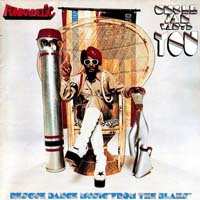
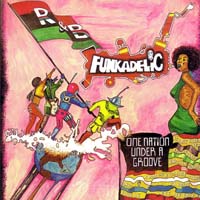
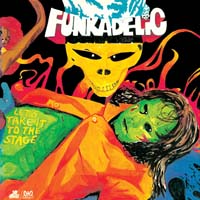
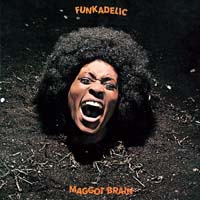





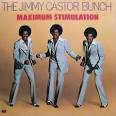
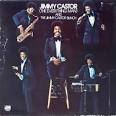









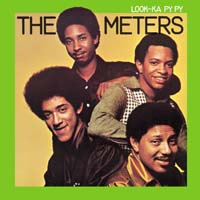
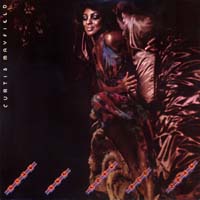
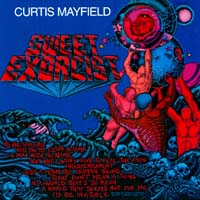








 Trip hop
Trip hop Drone doom metal
Drone doom metal Grunge
Grunge Electro dub
Electro dub Dark music
Dark music Grime
Grime Underground music
Underground music Dubstep
Dubstep Rap
Rap Ragtime
Ragtime The rules of Kingston, everybody against Babylon
The rules of Kingston, everybody against Babylon Being the Great Gatsby for a night
Being the Great Gatsby for a night The very best of latin rock
The very best of latin rock Relax and take a trip hop
Relax and take a trip hop The silk journey, from India to Flamenco
The silk journey, from India to Flamenco The very best of blues
The very best of blues The very best of rock
The very best of rock The very best of pop rock
The very best of pop rock Saying goodbye with a song
Saying goodbye with a song The very best of cumbia
The very best of cumbia